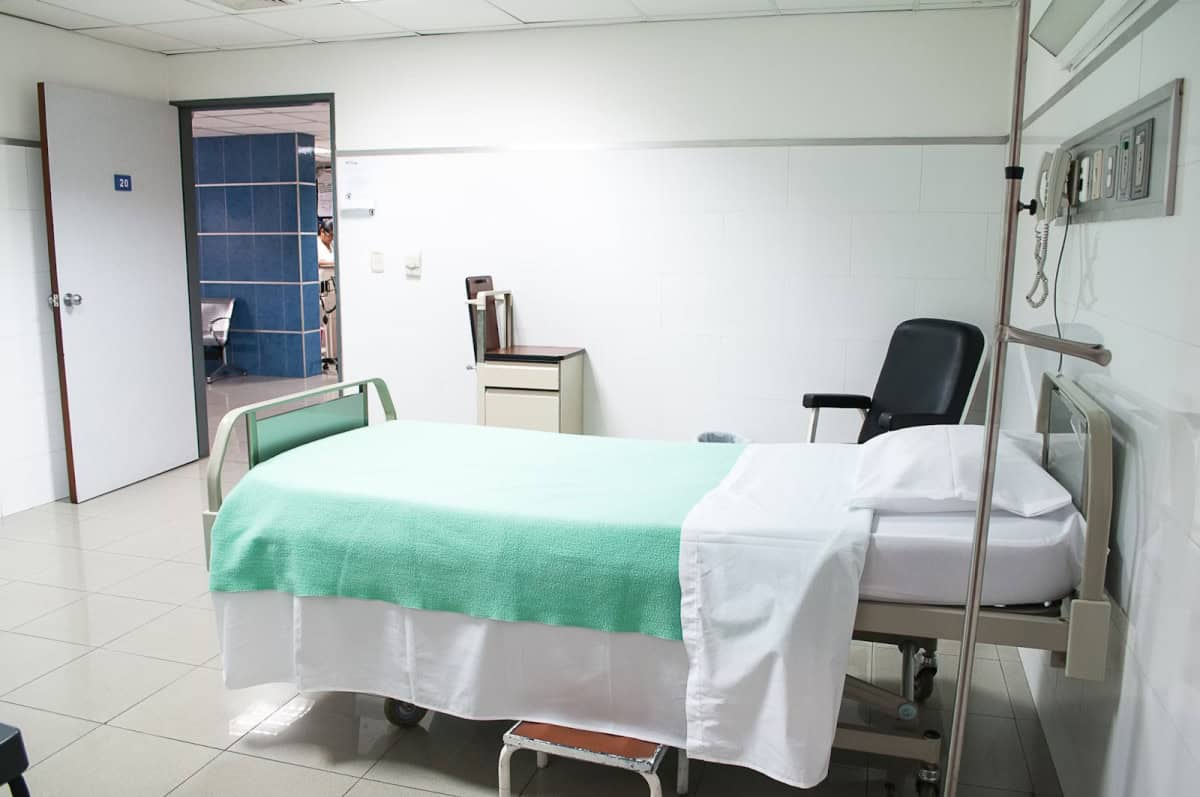
If you or your loved one have ever suffered consequences due to medical carelessness, you might be entitled to compensation through a medical malpractice case. However, without the right help, navigating the complicated legal system can be difficult. This detailed guide will help you better grasp the crucial steps in filing a medical malpractice claim and give you a better idea of what to anticipate at each stage.
Understanding Medical Malpractice
Knowing what constitutes medical malpractice is crucial before pursuing any legal action. Medical malpractice typically happens when a patient is harmed by a healthcare professional (doctor, nurse, surgeon) who does not uphold the recognized standard of care. This can involve several mistakes, including:
- Delays in diagnosis or incorrect diagnosis
- Errors in surgery or other treatments
- Errors in medication
- Birth injuries
- Errors in anaesthesia
- Poor follow-up treatment
To file a case, you must demonstrate that the healthcare provider’s carelessness caused your damage or made your condition worse. You should make an appointment with a medical malpractice lawyer if you’re unsure you have a strong case.
Filing a Lawsuit
Here’s what you need to do:
- Collect Evidence
Collecting all pertinent medical records is one of the first steps in a medical negligence case. This comprises records from the medical professional or providers treating you, including:
- Notes from the doctor
- Records of hospital discharges
- Test findings (imaging, lab reports)
- Records of surgeries
- Prescription drugs
- Any correspondence pertaining to the therapy, including emails and letters
These documents will powerfully support your argument that the healthcare professional departed from the standard of treatment. Ask the hospital or doctor’s office for copies of your medical records, and save copies for your personal keeping.
- Requirement of Medical Professional’s Opinion
You must typically present an expert opinion attesting to the occurrence of medical negligence. This implies that after reviewing your case, a trained medical specialist must confirm that the healthcare provider’s conduct did not meet the expected standard of care.
This expert witness will be essential to prove that the healthcare provider’s negligence caused harm. They could also assist in making the medical details of your case understandable to the jury or judge.
- Hiring a Medical Malpractice Lawyer
Speaking with a knowledgeable medical malpractice lawyer is essential before moving forward. A medical malpractice lawyer can help you determine whether you have a strong case and help you navigate the complex and complicated legal system.
Your attorney will review the specifics of your case at this first appointment and decide whether there is enough proof to proceed. Expert medical witnesses who can attest to the level of care you ought to have received and how the healthcare provider’s actions (or lack thereof) caused your damage may also be referred to.
- File the Lawsuit
The next stage is for your lawyer to file the lawsuit in the proper court after obtaining the required proof and expert opinions. The official legal process starts at this point. Usually, the first step in a medical malpractice case is the filing of a complaint, which contains:
- The case’s parties
- A thorough explanation of the circumstances leading up to the injury
- An explanation of the carelessness or wrongdoing
- The hurt or damages you have experienced as a result
A copy of the complaint will be served to the healthcare practitioner upon filing, and they will have a chance to reply.
- The Phase of Discovery
Following filing, the matter moves into the “discovery” process, where both parties collect pertinent data and supporting documentation. This can consist of:
- Depositions: People who are witnesses, including doctors, may be questioned under oath.
- Interrogatories: Written inquiries are delivered to the other party, who must reply in writing.
- Requests for documents: Relevant documents, such as expert reports and medical records, are shared between the parties.
- Trial
In court, your lawyer will argue your case to the judge or jury and submit supporting documentation. The judge or jury will determine if the healthcare provider is responsible for your injuries and, if so, how much compensation you should get after the defense also presents their case.
Endnote
You can increase your chances of coming to an acceptable verdict and make well-informed judgments by being aware of every stage of the procedure, from obtaining evidence to negotiating the trial phase. You may hold careless healthcare providers responsible and get the money you’re entitled to with the correct legal assistance.





